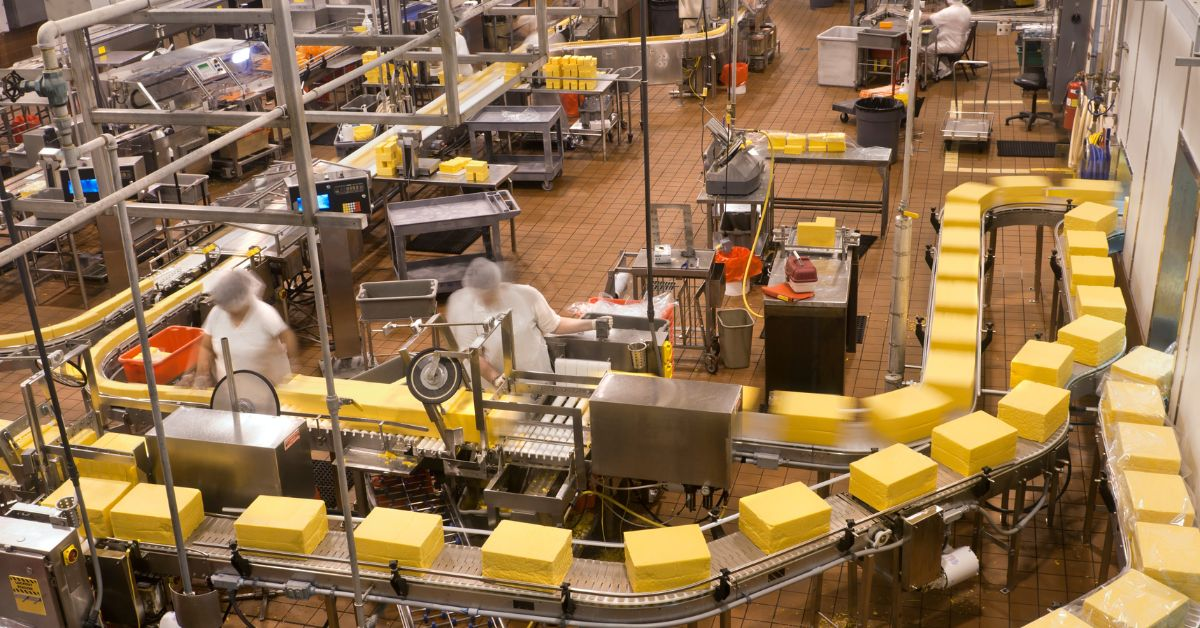
In food safety, the term FSMA PCQI might sound like a mouthful. The Food Safety Modernization Act (FSMA) Preventive Controls Qualified Individual (PCQI) is crucial in ensuring our food supply remains safe and secure from farm to fork.
Let’s explore the role of a FSMA PCQI and what their responsibilities entail.
What is an FSMA PCQI?
FSMA, enacted in 2011, marked a significant shift in the approach to food safety regulation in the United States. One of its key provisions is the requirement for food facilities to implement preventive controls to identify and mitigate potential hazards. A crucial component of this regulation is the appointment of a Preventive Controls Qualified Individual (PCQI) at each FDA registered facility.
A PCQI is an individual trained to develop and oversee the implementation of a food safety plan per the FSMA regulations.
Responsibilities of an FSMA PCQI
- Development of Food Safety Plan: Perhaps the most critical responsibility of a PCQI is to develop and oversee a comprehensive written food safety plan. This plan documents the preventive controls to be implemented at various food production and distribution stages to minimize hazards.
- Hazard Analysis: Conducting a thorough hazard analysis is essential for identifying potential hazards that may affect the food’s safety. The PCQI must evaluate each hazard’s significance and determine appropriate preventive controls where needed.
- Implementation and Monitoring: The PCQI oversees the food safety plan implementation across all relevant processes and components. Regular monitoring and verification activities ensure adequate preventive controls according to specific actions are applied.
- Record-Keeping: Accurate record-keeping is a cornerstone of FSMA compliance. The PCQI maintains records that document the implementation of the food safety plan, monitoring results, corrective actions taken, and verification activities.
- Training and Education: The PCQI may ensure or work with others that ensure that personnel involved in the food safety plan are trained to perform their duties effectively, including training on cGMPs and other pre-requisite programs, SOPs and all types of preventive controls.
- Communication and Collaboration: Collaboration with other departments and stakeholders is crucial for successfully implementing the food safety plan. The PCQI facilitates communication to ensure that everyone understands their roles and responsibilities while documenting what is to be done and what has been done.
- Compliance and Audits: Staying abreast of regulatory requirements and ensuring compliance with FSMA regulations is a continuous effort for the PCQI. They may be involved in internal audits, third party audits or inspections to assess adherence to food safety standards.
The role of an FSMA PCQI is not just about compliance; it is about safeguarding public health and consumer trust. By proactively identifying and mitigating food safety hazards, PCQIs help prevent foodborne illnesses and protect the integrity of our food supply chain. Their expertise and diligence are essential in maintaining high food safety standards across diverse food production environments.
Begin the path to PCQI qualification today with ImEPIK®. Train at your own pace, from anywhere—no classroom time required. With the right training program and a commitment to food safety, small businesses can thrive in an increasingly regulated environment while delivering high-quality products to consumers.







